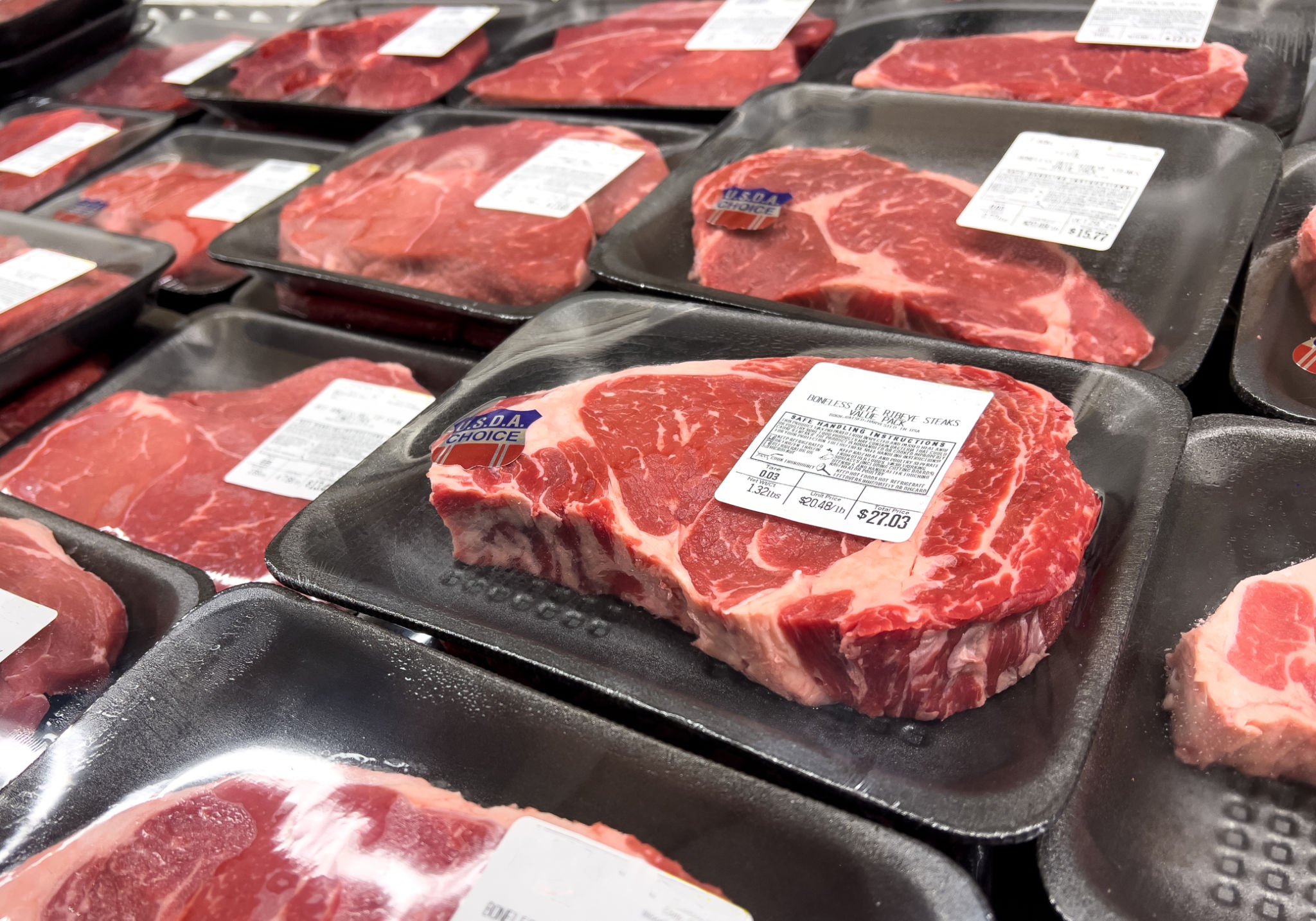The Economic Impact of Brazilian Beef Exports on Wyoming
OP
Introduction to Brazilian Beef Exports
The global beef industry is a vast network of producers, exporters, and consumers. Among the top players is Brazil, a country renowned for its extensive cattle ranches and high-quality beef. While Brazil's beef exports bolster its own economy, they also have far-reaching effects on international markets, including those in the United States.
Wyoming, a state with a rich history of cattle ranching, finds itself impacted by the influx of Brazilian beef. The interplay between local and international markets creates a complex economic landscape that deserves closer examination.

Wyoming's Cattle Industry Overview
Wyoming is synonymous with wide-open spaces and a thriving cattle industry. Here, ranchers have been raising cattle for generations, contributing significantly to the local economy. The state produces a substantial amount of beef, catering to both domestic and international demands.
However, competition from Brazilian beef presents challenges for Wyoming's cattle producers. The lower production costs in Brazil often result in cheaper beef, which can affect the market dynamics in Wyoming and beyond.
Challenges Faced by Local Ranchers
The influx of Brazilian beef into the U.S. market poses several challenges for Wyoming's ranchers:
- Price Competition: Brazilian beef can be sold at lower prices due to reduced production costs in Brazil.
- Market Share: An increase in imported beef can reduce the market share for local producers.
- Consumer Perception: The quality perception of imported vs. local beef can influence consumer choices.

Economic Impact on Wyoming
The economic impact of Brazilian beef imports on Wyoming is multifaceted. On one hand, consumers benefit from more affordable beef options, potentially increasing their purchasing power. On the other hand, local ranchers may experience reduced revenues due to intensified competition.
This competition can lead to changes in employment levels within the local cattle industry. Ranchers may need to adjust their operations by adopting new technologies or diversifying their product offerings to remain competitive.
Strategies for Adaptation
To mitigate the economic impact of Brazilian beef imports, Wyoming's cattle industry can explore several strategies:
- Product Differentiation: Emphasizing the quality and sustainability of locally produced beef can attract conscientious consumers.
- Innovation: Investing in technology to improve efficiency and reduce production costs.
- Marketing Initiatives: Strengthening branding efforts to highlight the unique attributes of Wyoming beef.

Conclusion
The economic impact of Brazilian beef exports on Wyoming is a complex issue that requires careful consideration. While it introduces challenges for local ranchers, it also presents opportunities for innovation and growth within the industry. By leveraging local strengths and adapting to changing market conditions, Wyoming's cattle producers can continue to thrive in an increasingly globalized economy.
Continued collaboration between local producers, policymakers, and industry stakeholders will be essential to navigate these challenges effectively. By doing so, Wyoming can maintain its proud tradition of cattle ranching while embracing new opportunities in the global marketplace.
